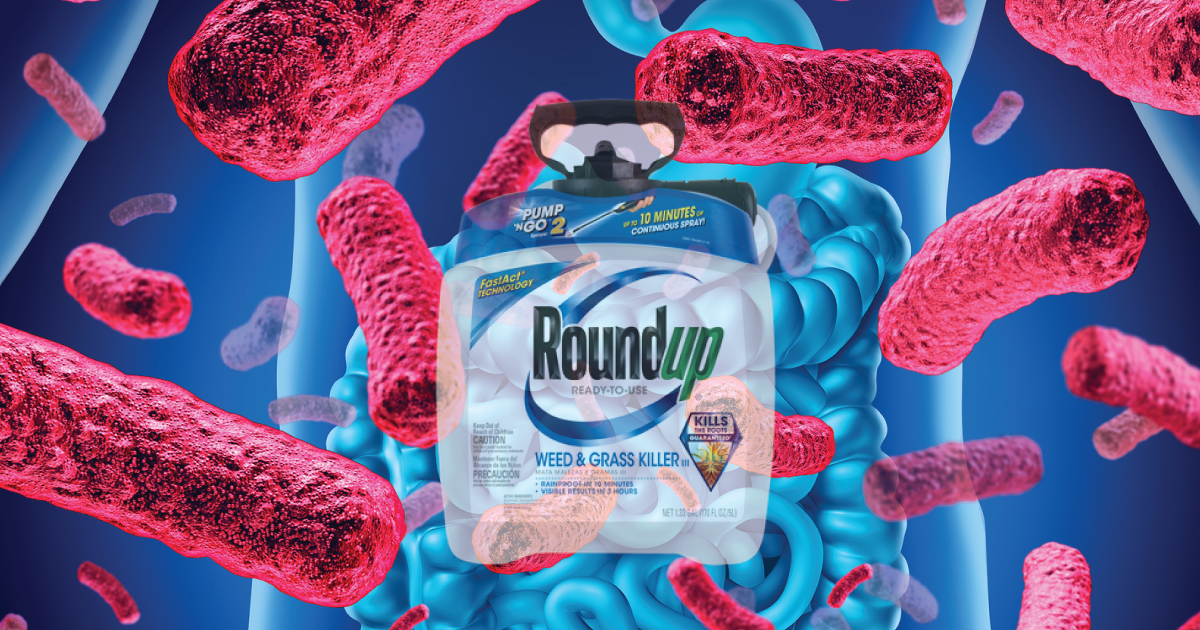
Glyphosate and Dicamba Herbicides Increase Antibiotic Resistance in Bacteria
A new study has found that some of the world’s most widely used herbicides, Roundup (glyphosate) and Kamba (dicamba), increase the rate of antibiotic resistance development in bacteria by a factor of up to 100,000 times faster than occurs without the herbicide.
October 12, 2018 | Source: GM Watch | by
Antibiotic resistance development in bacteria increased by a factor of up to 100,000 times faster than occurs without the herbicide
A new study has found that some of the world’s most widely used herbicides, Roundup (glyphosate) and Kamba (dicamba), increase the rate of antibiotic resistance development in bacteria by a factor of up to 100,000 times faster than occurs without the herbicide.
Both herbicides are used on GM crops engineered to tolerate them.
The new study adds to a growing body of evidence that herbicides used on a mass industrial scale, but not intended to be antibiotics, can have profound effects on bacteria, with potentially negative implications for medicine’s ability to treat infectious diseases caused by bacteria. University of Canterbury (New Zealand) Professor Jack Heinemann, one of the study’s authors, said, “The combination of chemicals to which bacteria are exposed in the modern environment should be addressed alongside antibiotic use if we are to preserve antibiotics in the long-term.”
